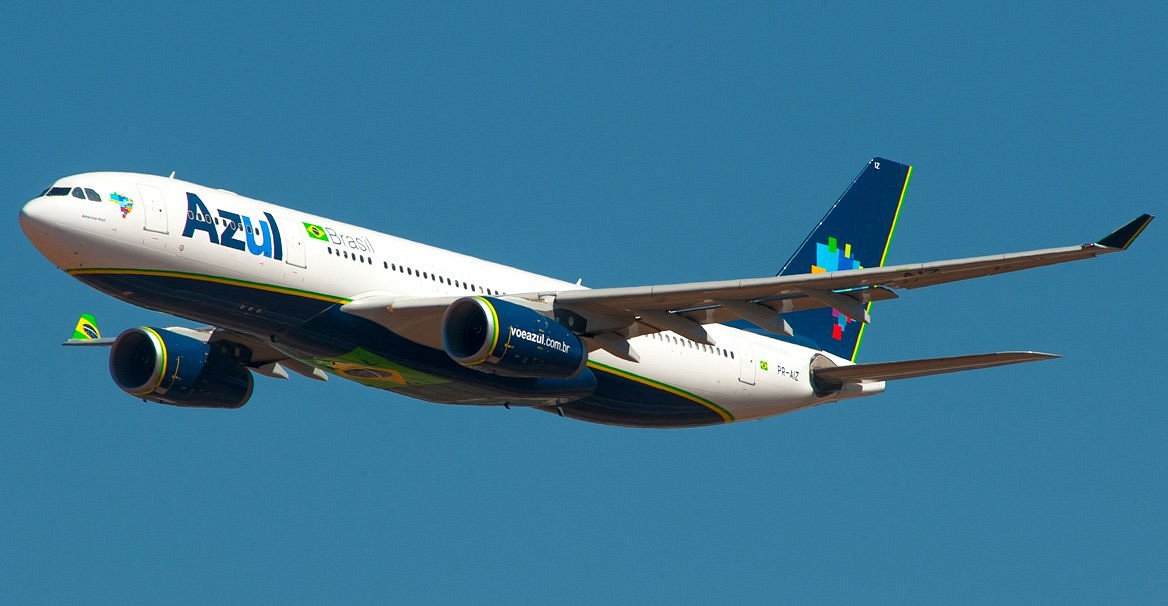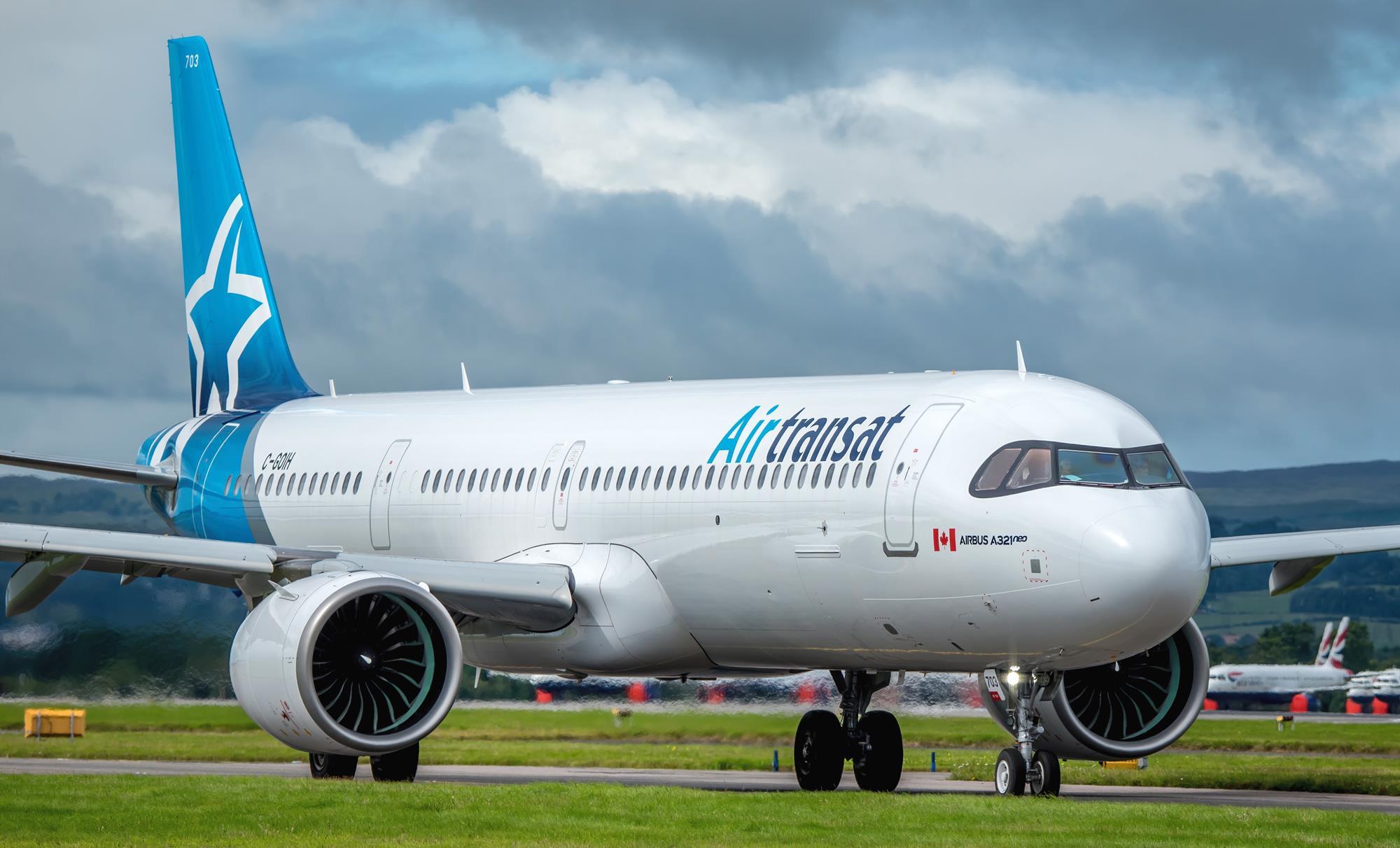
Major Development in Brazilian Aviation
Brazil’s aviation sector might soon witness a transformative development as two of its leading airline companies, Azul Linhas Aéreas Brasileiras and GOL Linhas Aéreas Inteligentes, have entered advanced negotiations for a potential merger. According to a report by Valor Econômico, the airlines are expected to sign a Memorandum of Understanding (MoU) in the coming weeks, setting the stage for what could be one of the most significant business consolidations in the region.
Details of Proposed Merger
The upcoming MoU between Azul and GOL is expected to detail several critical elements of their prospective union, showcasing an intent to collaborate on many operational fronts. Key features of the agreement will likely include aspects such as:
- Governance: Ensuring streamlined leadership and decision-making frameworks to integrate the operations of both carriers efficiently.
- Capital Structure: Outlining how the financial architecture of the merged entity will be organized, aiming for sustainability and growth.
- Deal Structuring Options: Exploring different pathways to structure the merger in a way that maximizes synergy while minimizing regulatory hurdles.
As part of the proposed arrangement, both companies are considering harmonizing their flight networks and customer service systems, positioning the merged entity as a dominant player in the South American aviation market.
Leadership and Strategic Objectives
The potential merger would bring together a formidable leadership corps from both Azul and GOL. Leaders from these airlines aim to integrate their strategic goals to achieve higher efficiency ratings, enhanced customer experiences, and significant global competitiveness. By leveraging their respective strengths—Azul’s innovative customer service and network connectivity, combined with GOL’s extensive regional reach—this new entity aspires to revolutionize air travel within Brazil and beyond.
Economic Impact and Industry Implications
If finalized, this merger could have substantial repercussions on the Brazilian economy, offering:
- Increased employment opportunities as a result of expanded operations.
- Potential for boosted tourism and international business via improved flight options and schedules.
- Enhanced market competitiveness which may lead to lower fares and better services for consumers.
The merger discussions come at a time when the global aviation industry is increasingly looking toward consolidation as a means to overcome challenges posed by economic pressures and evolving consumer demands.
While the conclusion of the merger process will depend on regulatory approvals and other procedural steps, the prospective integration of Azul and GOL underscores a critical moment in Brazil’s aviation history. Should this alliance materialize, it could mark a new era of growth and innovation, reflecting the dynamic changes unfolding across the global aviation landscape.
Scudrunners.com



